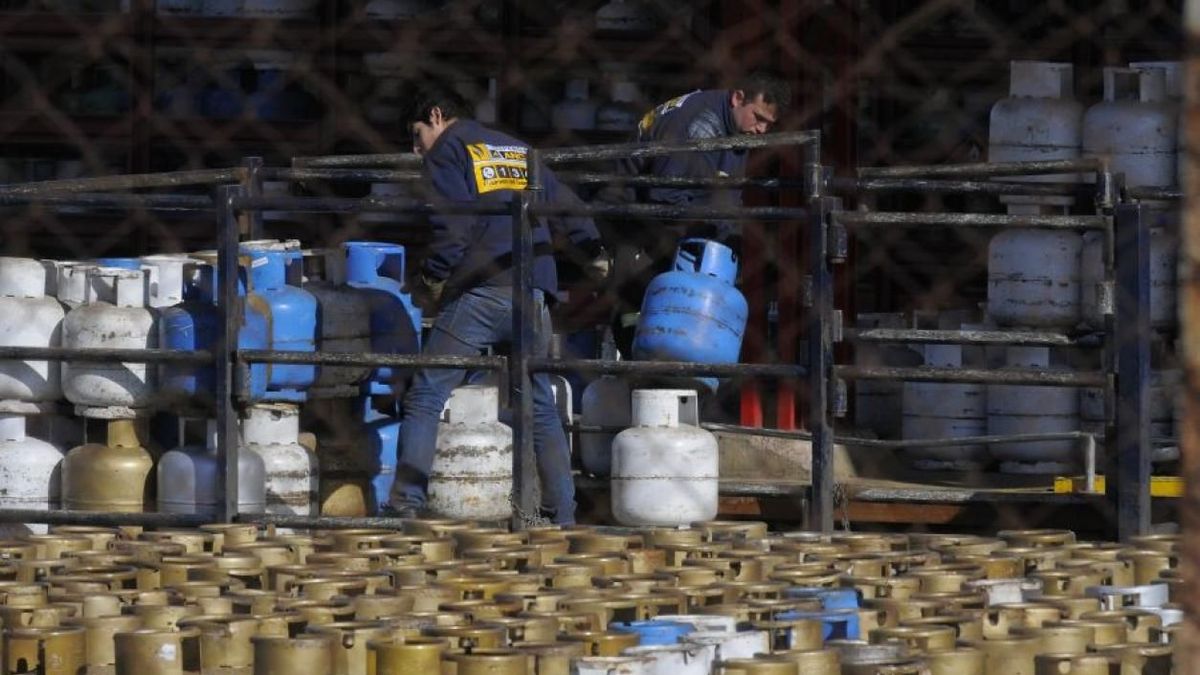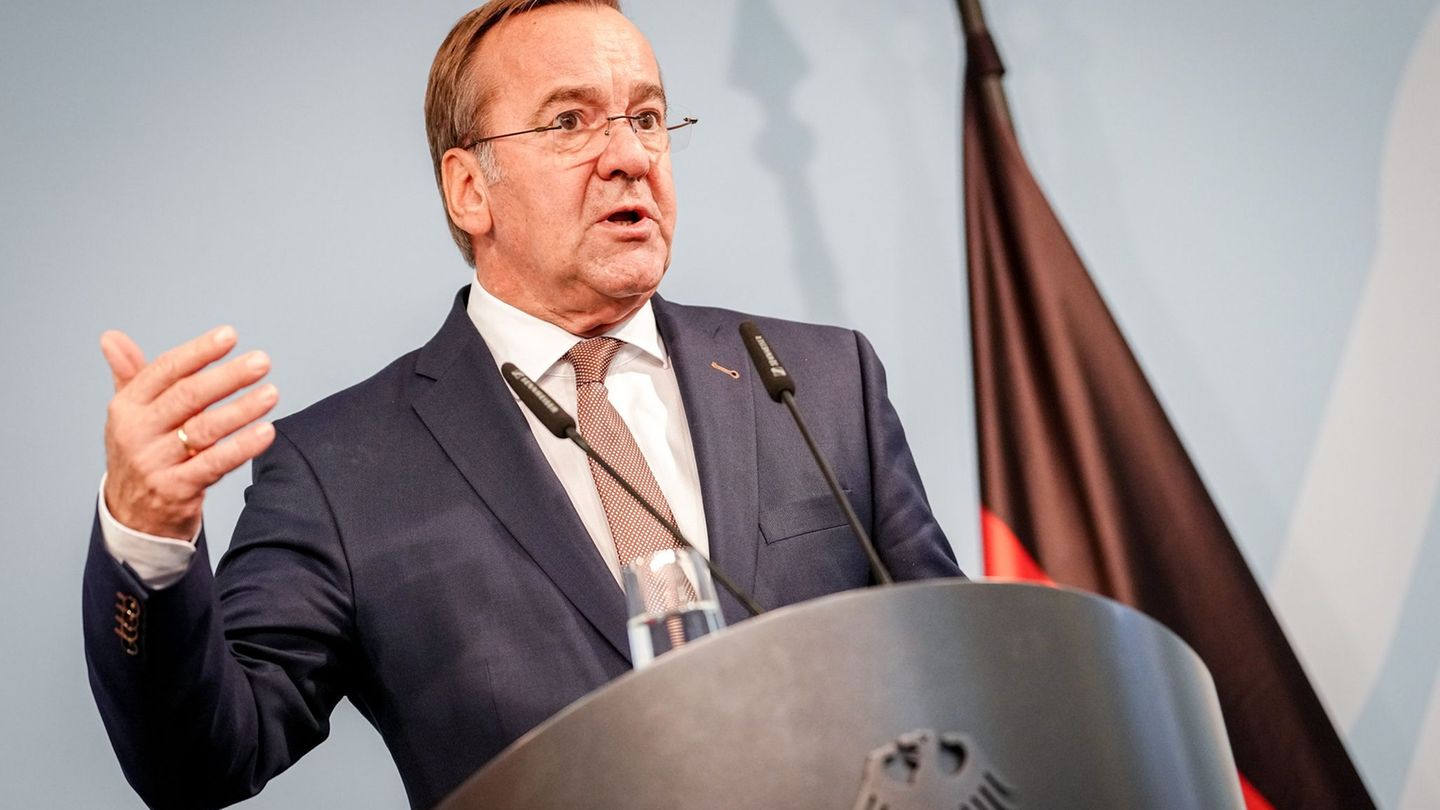In this sense, Riogas pointed out that the document of the call presented a large number of “unusual, inappropriate and inconvenient” clauses, as well as numerous obligations for the packer “with disproportionate guarantees and penalties”; while the same was not the case on the part of Ducsa, while the distributor had power to control matters pertaining to the organization of work and the operations of the packer.
Riogas maintains that at the beginning of the bidding process he formally objected to the content of the specifications, but that, since there were no modifications, “he had no other alternative than not to appear.” Instead, Megal got 70% of the service, while acodike he kept the remaining 30%.
Losses for Ancap in the new system
According to Riogas, likewise, Ducsa’s new packaging scheme could mean losses for Ancap.
This is because, according to the new contracts that regulate the supergas sector, the private company pays the lease of the Ancap bottling plant through “a value per packaged ton.” So, since Riogas loses half of Ducsa’s packaging, Ancap would lose income due to a decrease in the payment for the rent.
Said value would not be compensated by Megal either, which enters the supergas scenario, since the company owns its plant.
However, from the board of directors of the state oil company they affirmed that the new scheme will be cheaper to the company because Ducsa will pay a lower price for the refilling of its carafes and, therefore, the packaging will be cheaper.
On the other hand, Megal’s price is lower due to its low market share, an aspect in which Ancap will also save money.
Source: Ambito




